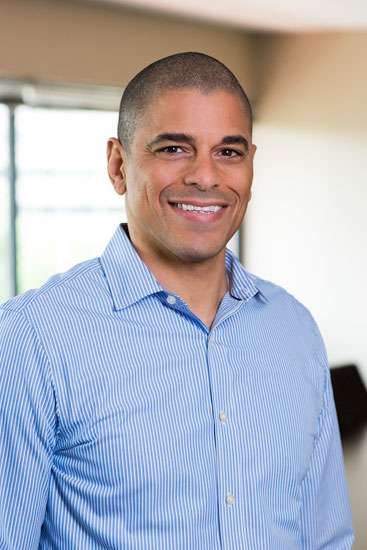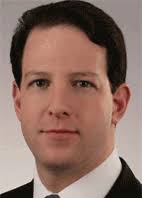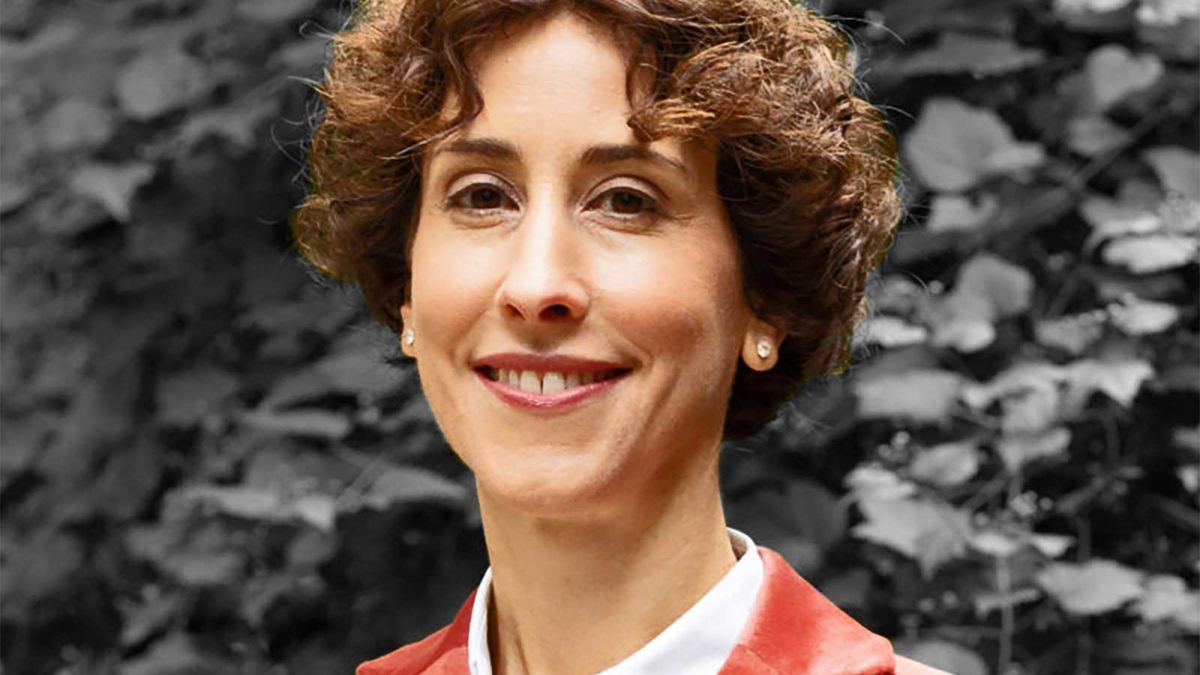Big investors at tipping point for impact
Just as ESG investing has largely won its battle to convince investors returns don’t suffer, so too is impact investing making progress to the same end. Impact has become institutionalised.
According to some of the world’s largest practitioners in the impact investing space, including the US$450 billion CalPERS public pension fund, impact funds are starting to compete with other private equity funds on the same returns assumptions. The concessionary aspect of an investment in impact, which is more suited to the views of an individual investor than an institutional fiduciary, is disappearing. One venture capital (VC) manager believes there could even be an “impact premium” for capital raisings.

John Larkin, the head of impact investments for Avenue Capital Group in the US, told a webinar last month (June 11) that when he launched his firm’s impact tech fund in the middle of 2019 “the world had changed”.
He said: “We really thought that all the money would come from high-net-worth investors, who showed the most interest initially, but that was not the case. It is mostly institutional money.
“We are probably the first or second-best performing fund among all the Avenue funds. Today, there’s actually an impact premium. Today, people know what you’re talking about. Performance-wise, there is no difference from any other fund.”
Avenue Group was recently awarded US$300 million by the NY State Retirement Common Fund to manage in its impact tech strategy. Jane Bieneman, a senior adviser to Tideline, a US impact investing consulting business, said the New York fund’s investment, along with Singapore’s Temasek investing US$500 million through Australia’s LeapFrog Investments, showed there had been a “real pick-up in investor demand” for impact. Ben Thornley, Tideline managing partner and co-founder, co-ordinated the webinar.
Bieneman said the increased interest in impact reflected the heightened awareness around social and environmental issues as well as developments in the market itself. Tideline saw five key requirements for a market to be ready to take institutional money at scale. They were:
- Proof of concept – having established managers with track records
- Depth – sizable market and participants
- Data – good performance data for both returns and the impact performance
- Connectivity – being serviced by intermediaries and professional advisers, and
- Awareness – investors themselves have the awareness to understand the strategies.
“We think that the impact market, using a ratings scale that we devised, is almost ready for wide-scale institutional adoption,” Bieneman said.

Brad Atkins, the chief executive and co-founder of Franklin Park, a fund-of-funds manager in private markets, classified about 300 of the 6,000 private markets managers which his firm tracked as ‘impact’.
He said the firm looked at about 900 funds to invest in each year, of which between 30-35 funds were chosen on behalf of Franklin Park clients. Of those, “four or five” were impact funds, he said.
“We don’t have different criteria for impact funds. It’s just that some end up qualifying as impact,” he said. Franklin Park’s definition was based on three criteria: the fund was providing measurable positive environmental or social impact; the manager defined the fund as an ‘impact investment’; and, whether the manager also reported to investors on the positive impact the investment was having on society.

Andrew Karsh, portfolio managers at CalPERS, said: “The way I think of impact investing now is that I feel that it is coming to us rather than we’re going to them… As it continues to grow and produce the types of returns expected of our two million members, so we’ll have more opportunities to invest in that space. We will continue to evaluate managers not only on their [investment] performance but also on the impact they are having.”
Dipender Saluja, a partner at Capricorn Investment Group which has been investing in impact “since before it was called that”, said the 16-year-old firm chose climate change as its first area of focus because it was “most urgent” and because the partners saw an evolution in technology, such as electrification, that was at a stage where VC could help.
“We saw lots of opportunities from the kind of things happening in Silicon Valley and marrying those with large areas like energy, transport, agriculture, good, space and other areas to create meaningful companies to build specific products to go the heart of some of the big challenges.”
He said: “The world has rallied around that. What’s changed is that it used to be a lonely place. A lot of people were very sceptical about mixing profit and purpose. Fifteen years later there are many examples of companies that have been successful in the space and we’re proud to have backed several of them.”











